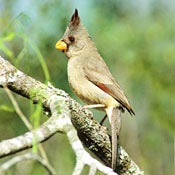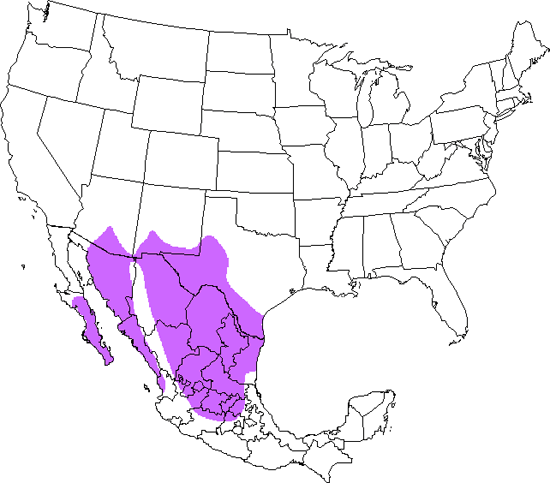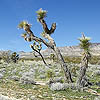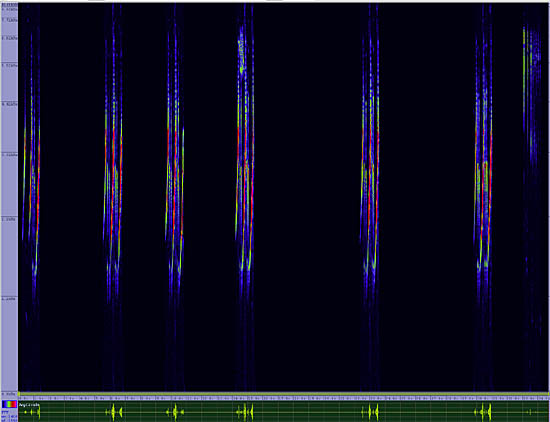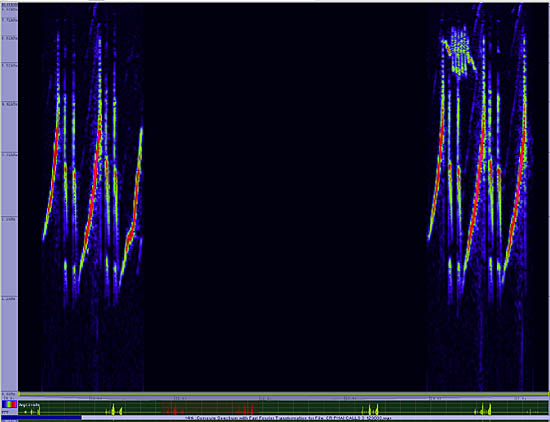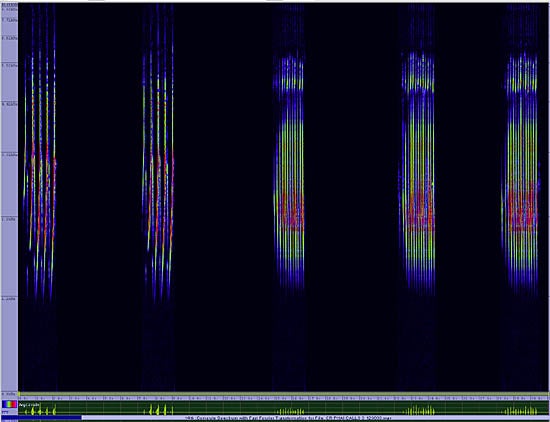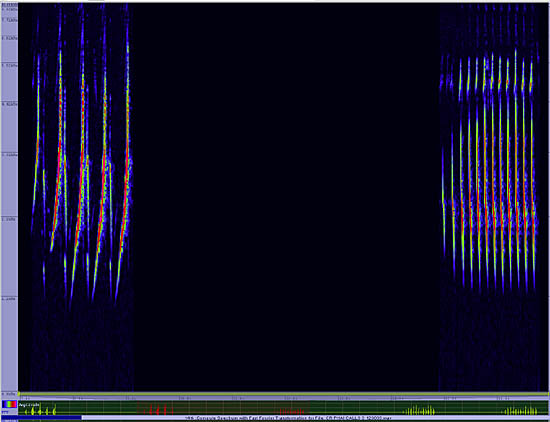The four-digit banding code is PYRR.

Perching
Pyrrhuloxia
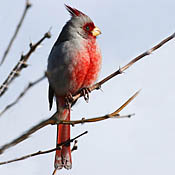
Length: 9 in. (22 cm )
View Citation
Bibliographic details:
- Article: Pyrrhuloxia
- Author(s): Dr. Biology
- Publisher: Arizona State University School of Life Sciences Ask A Biologist
- Site name: ASU - Ask A Biologist
- Date published: July 13, 2017
- Date accessed: November 28, 2024
- Link: https://askabiologist.asu.edu/activities/bird/pyrrhuloxia
APA Style
Dr. Biology. (2017, July 13). Pyrrhuloxia. ASU - Ask A Biologist. Retrieved November 28, 2024 from https://askabiologist.asu.edu/activities/bird/pyrrhuloxia
Chicago Manual of Style
Dr. Biology. "Pyrrhuloxia". ASU - Ask A Biologist. 13 July, 2017. https://askabiologist.asu.edu/activities/bird/pyrrhuloxia
Dr. Biology. "Pyrrhuloxia". ASU - Ask A Biologist. 13 Jul 2017. ASU - Ask A Biologist, Web. 28 Nov 2024. https://askabiologist.asu.edu/activities/bird/pyrrhuloxia
MLA 2017 Style
Be Part of
Ask A Biologist
By volunteering, or simply sending us feedback on the site. Scientists, teachers, writers, illustrators, and translators are all important to the program. If you are interested in helping with the website we have a Volunteers page to get the process started.







